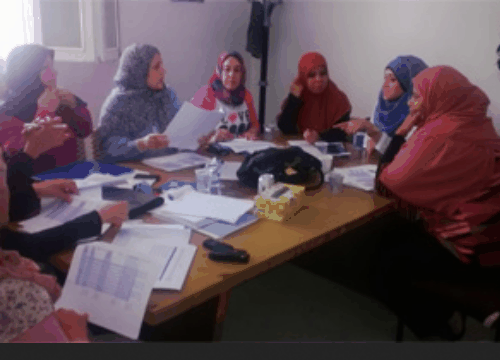A new mental health programme is ready to transform Libya’s institution-based approach to a community-based approach to mental health care.
Decades of neglect and the 2011 conflict have left Libya’s mental health system in tatters, with only 12 psychiatrists, and services highly centralized at the two psychiatric hospitals in the country’s two largest cities, Tripoli and Benghazi.
But a new mental health programme led by the Ministry of Health and WHO, based within the National Center for Disease Control (NCDC/MOH), is set to transform Libya’s institution-based approach to a community-based approach to mental health care, making mental health services available to the most remote and under-served areas of the country.
This major shift in direction taken by Libya follows WHO-supported consultations with the Ministry of Health and other stakeholders in 2011, that identified mental health and psychosocial support as a priority area needing urgent action in Libya’s post-conflict recovery and rebuilding phase.
Post-conflict mental health needs
During 2011, hundreds of Libyans with either war-related symptoms, or pre-existing mental disorders aggravated by the emergency, flocked to the few existing mental health facilities seeking treatment from a system that was unable to cope with their urgent needs.
Misurata, Libya’s third largest city, was the scene of some of the heaviest fighting. The city remained under siege for months and was increasingly targeted by shells and missiles. Misurata was also historically a city with no mental health services at all, not even a psychiatrist.
“Mental health services in Libya had been extremely inadequate and couldn’t meet the urgent needs of people who suffered during and after the conflict,” says Dr Baderdin Najjar, Director of Libya’s National Center for Disease Control/Ministry of Health. “This had created a huge challenge to the already worn-out health system.”





